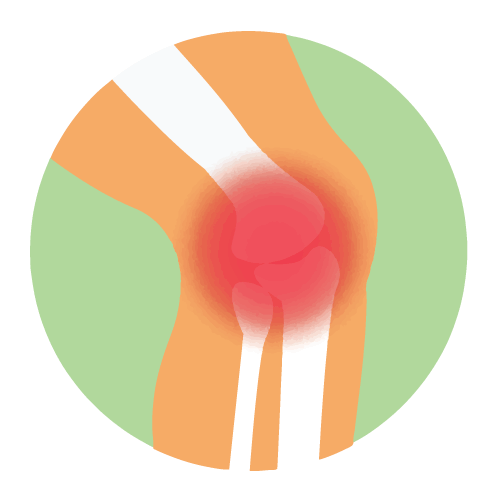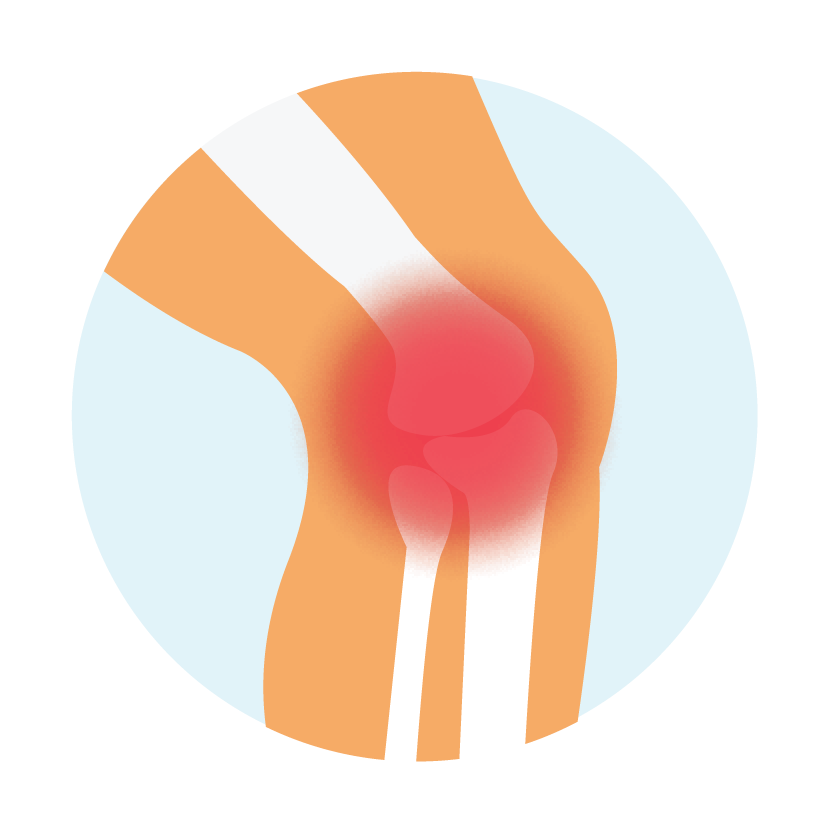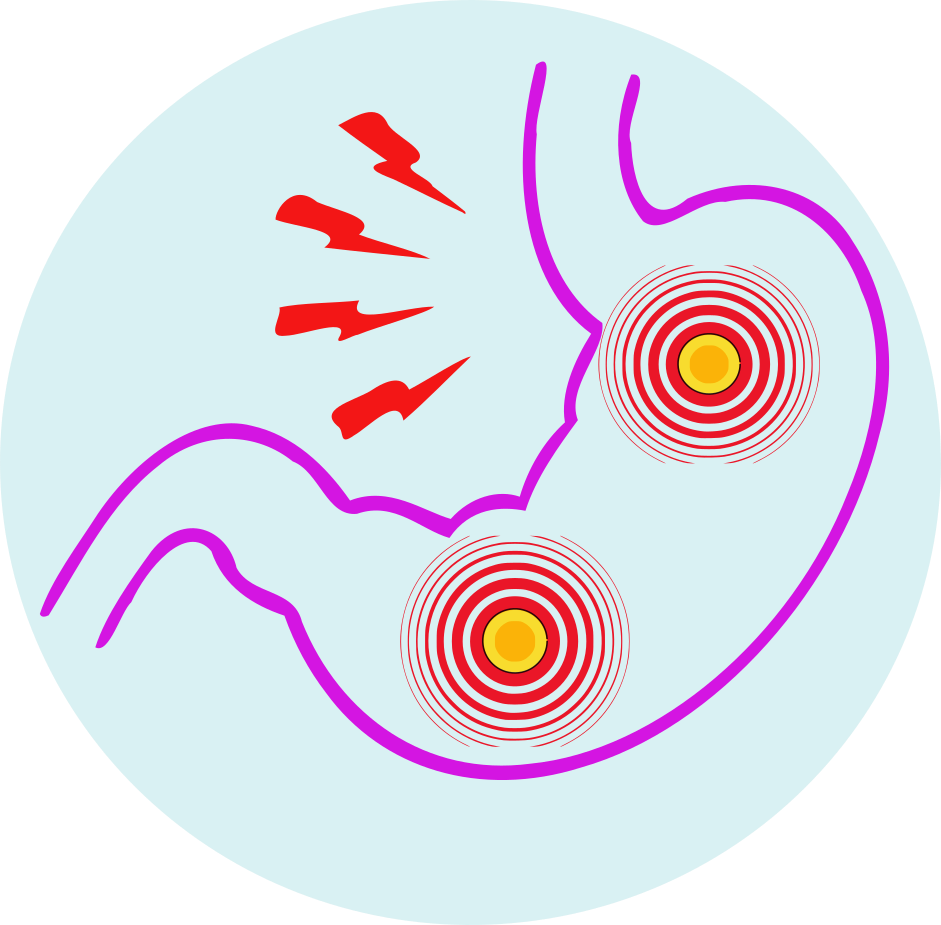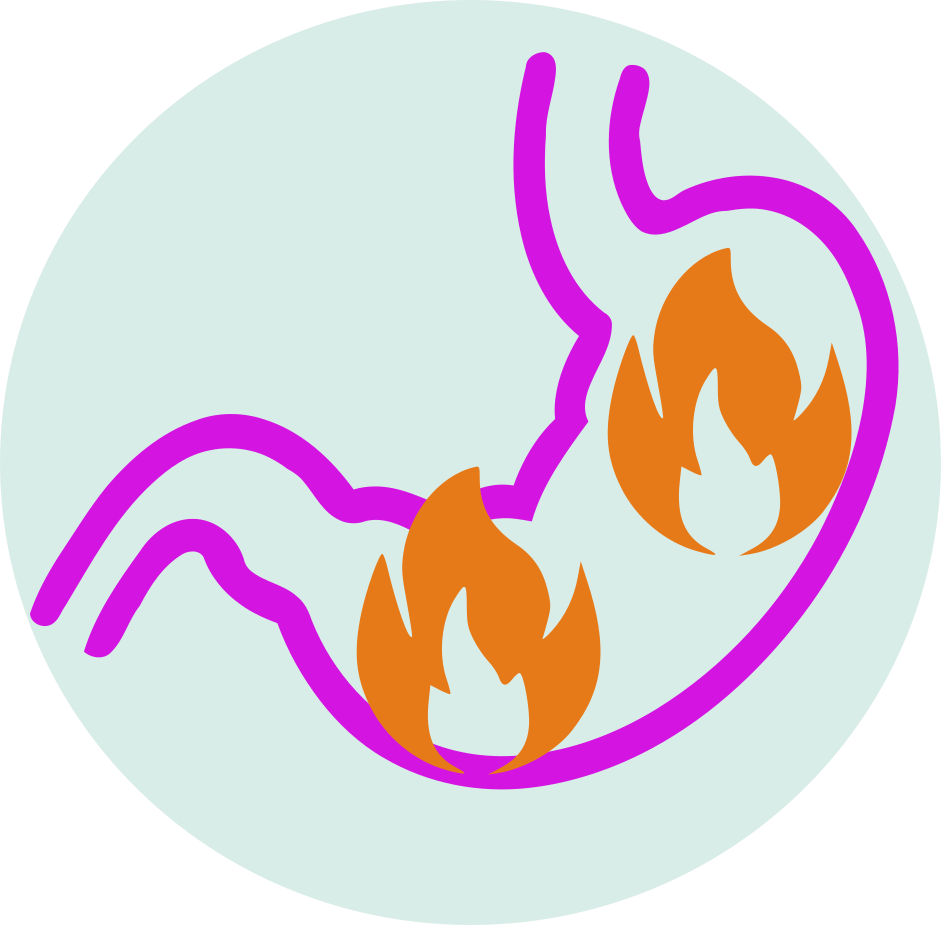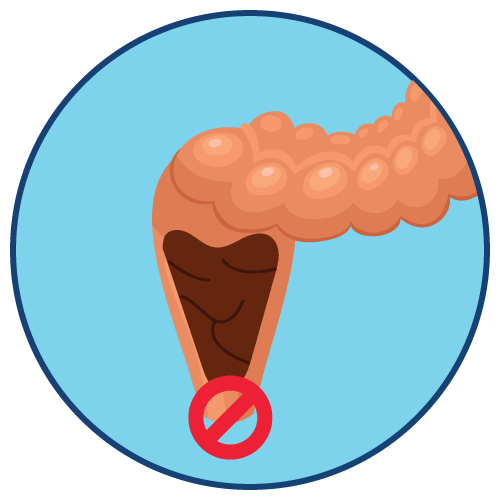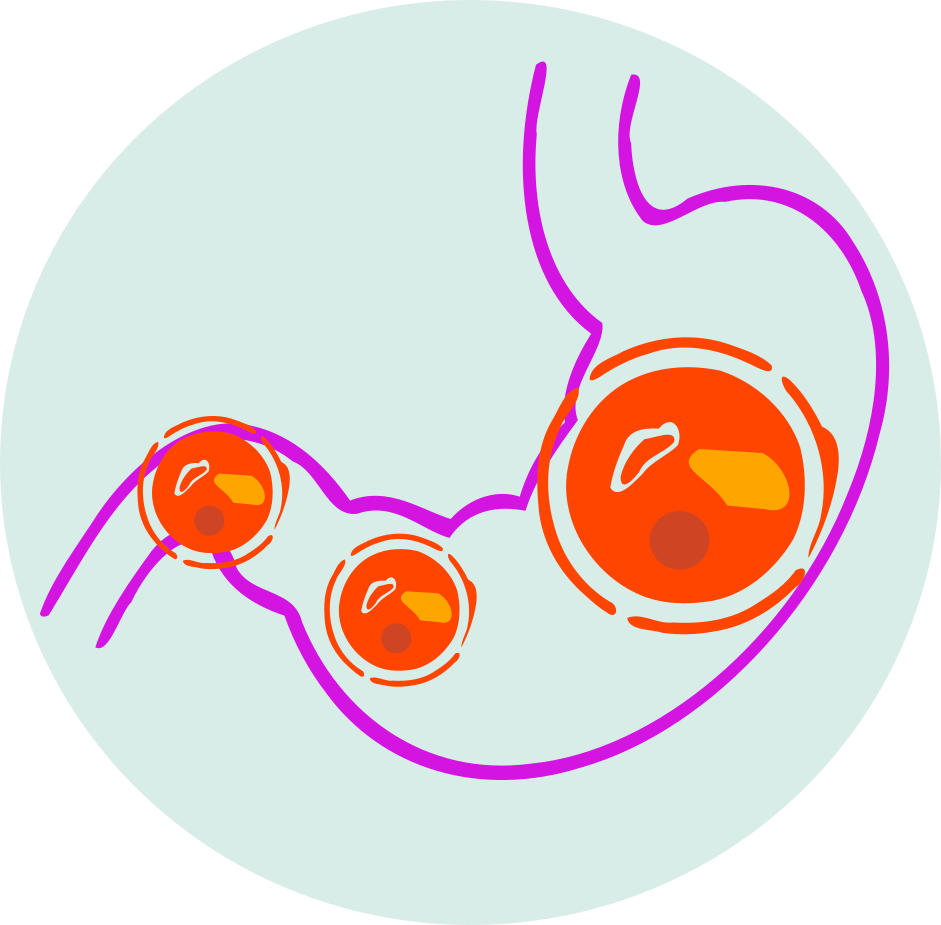| Name | Acemetacin |
| Classes |
Analgesic / Pain Killer Central Nervous System Agent NSAID |
| Diseases |
Inflammatory Disease Osteoarthritis Pain Rheumatoid Arthritis |
Acemetacin
Acemetacin is a non-steroidal anti-inflammatory drug (NSAID). Acemetacin works by blocking the production of prostaglandins, which are substances that cause pain, inflammation, and fever. By reducing the levels of prostaglandins in the body, Acemetacin helps to reduce pain and inflammation.
Acemetacin is indicated in the following conditions-
- Management of pain, inflammation and stiffness associated with rheumatic conditions such as osteoarthritis and rheumatoid arthritis
- Relief of mild to moderate pain
- As prescribed by a healthcare provider for other indications
- Acemetacin is available in capsule and tablet form.
- The recommended starting dose is 60 mg, taken orally two to three times a day with food.
- Dosage may be adjusted based on individual response and severity of symptoms.
- Do not exceed the recommended dose.
Common side effects of Acemetacin include-
- stomach pain
- heartburn
- nausea
- constipation
- diarrhea
- Elderly individuals are more prone to experiencing negative side effects from NSAIDs, particularly with regards to stomach bleeding and perforation, which can be life-threatening.
- Patients with bronchial asthma or a history of it must exercise caution when using NSAIDs, as they have been known to trigger bronchospasm in these individuals. People with asthma, hay fever, nasal swelling, or chronic respiratory diseases are particularly susceptible to hypersensitivity reactions.
- The usage of NSAIDs can lead to a reduction in prostaglandin production, which in turn may result in kidney failure. This risk is highest for patients with impaired renal function, heart problems, liver dysfunction, those taking diuretics, and the elderly. It's important to monitor kidney function in these patients. In some individuals taking Acemetacin, an increase in liver and kidney function tests has been observed. Monitoring of liver and kidney function is recommended for those undergoing long-term treatment.
- Patients with a history of hypertension or mild to moderate congestive heart failure require careful monitoring and guidance, as fluid retention and swelling have been reported with NSAID therapy.
- It's crucial to be cautious when administering NSAIDs to patients with a history of gastrointestinal issues (such as ulcerative colitis and Crohn's disease) as these conditions may be exacerbated.
Contraindication
Do not use Acemetacin if you are hypersensitive to acemetacin or any of the components of the formulation.
None known.
- Do not use Acemetacin if you have a history of peptic ulcer disease, gastrointestinal bleeding, or bleeding disorders.
- Do not use Acemetacin in the third trimester of pregnancy.
 Bangla
Bangla English
English